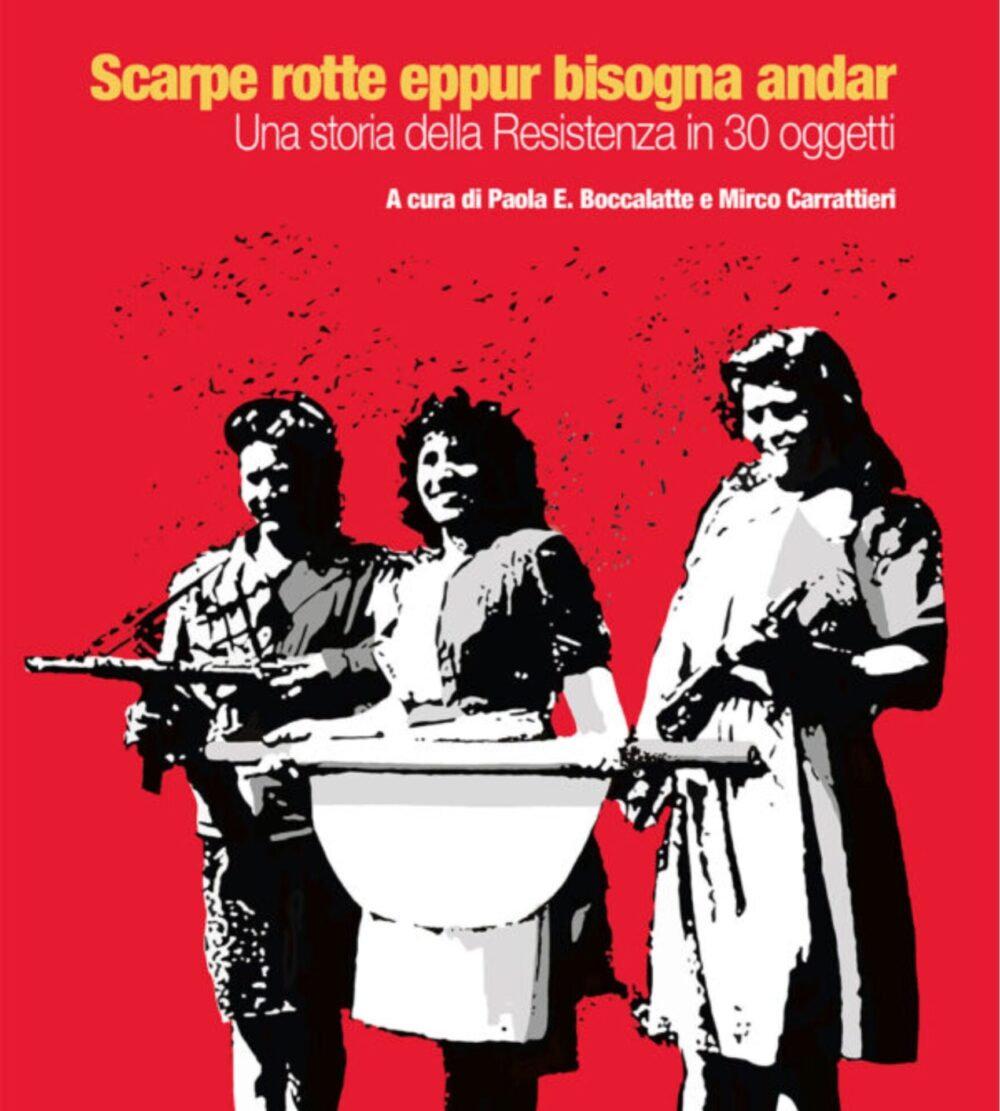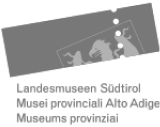As part of the exhibition ‘Disposing of Hitler. From the Cellar to the Museum’, we cordially invite you to a lecture by Paola Boccalatte and Mirco Carrattieri. This will be followed by a tour of the exhibition with curators Andrea di Michele and Sandra Mutschlechner.
Things that do not pass away. Writing history with objects
A museologist and a historian question the significance of objects for the preservation, research and communication of the past. Objects have traditionally been at the centre of disciplines such as archaeology and anthropology, but also museology, although today they seem to be disappearing from increasingly digital museums. At the same time, historical science has begun to take them seriously again. Based on their book on the Resistance, Boccalatte and Carrattieri show whether and how history can be written with and through objects.
About the book
Scarpe rotte eppur bisogna andar. Una storia della Resistenza in 30 oggetti
(Broken shoes, but you have to keep going. A history of the Resistance in 30 objects)
The ‘return of the object’ in historical museums after the multimedia frenzy that led to its virtual disappearance underlines its evocative value, but for this to support adequate knowledge, the intervention of a specialist is required who can place it in context, as in the thirty data sheets published here. This highlights the great diversity and richness of museums, which are often small and run by private associations and, as Paola Boccalatte points out, see themselves as ‘cultural communities’ and ‘narrative museums’. As the other editor, Mirco Carrattieri, emphasises, the in-depth study of the material culture of resistance reflects its pluralistic character: stories of armed resistance, deportation, civil resistance and political opposition, which often came at a high price, expressing ‘a minority but a mass movement that was connected to the past but able to look to the future, dramatic and courageous at the same time’.
From the foreword by Paolo Pezzino
The event will be held in Italian and is open to all interested parties. Admission is free.

